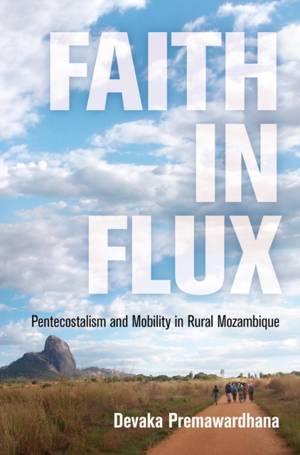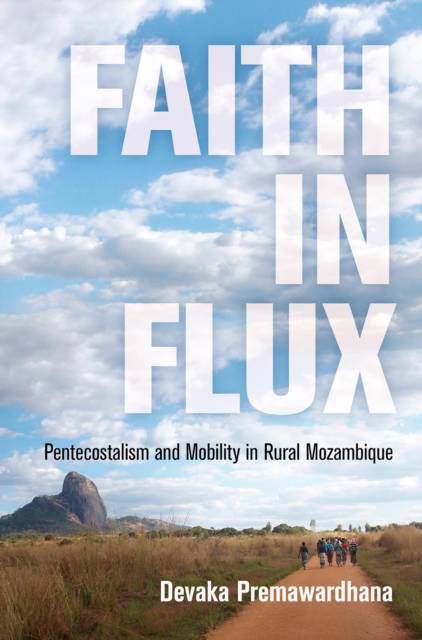
En raison d'une grêve chez bpost, votre commande pourrait être retardée. Vous avez besoin d’un livre rapidement ? Nos magasins vous accueillent à bras ouverts !
- Retrait gratuit dans votre magasin Club
- 7.000.000 titres dans notre catalogue
- Payer en toute sécurité
- Toujours un magasin près de chez vous
En raison de la grêve chez bpost, votre commande pourrait être retardée. Vous avez besoin d’un livre rapidement ? Nos magasins vous accueillent à bras ouverts !
- Retrait gratuit dans votre magasin Club
- 7.000.0000 titres dans notre catalogue
- Payer en toute sécurité
- Toujours un magasin près de chez vous
144,45 €
+ 288 points
Format
Description
Pentecostalism--Africa's fastest growing form of Christianity--is known for displacing that which came before. Yet anthropologist Devaka Premawardhana witnessed neither massive growth nor dramatic rupture in the part of Mozambique where he worked. His research opens a new paradigm for the study of global Christianity, one centered on religious fluidity and existential mobility, and on how indigenous traditions remain vibrant and influential--even in the lives of converts.
In Faith in Flux, Premawardhana narrates a range of everyday hardships faced by a rural Makhuwa-speaking people--snakebites and elephant invasions, chronic illnesses and recurring wars, disputes within families and conflicts with the state--to explore how wellbeing sometimes entails not stability but mobility. In their ambivalent response to Pentecostalism, as in their historical resistance to sedentarization and other modernizing projects, the Makhuwa reveal crucial insights about what it is to be human: about changing as a means of enduring, becoming as a mode of being, and converting as a way of life.Spécifications
Parties prenantes
- Auteur(s) :
- Editeur:
Contenu
- Nombre de pages :
- 232
- Langue:
- Anglais
- Collection :
Caractéristiques
- EAN:
- 9780812249989
- Date de parution :
- 20-04-18
- Format:
- Livre relié
- Format numérique:
- Genaaid
- Dimensions :
- 157 mm x 231 mm
- Poids :
- 498 g

Les avis
Nous publions uniquement les avis qui respectent les conditions requises. Consultez nos conditions pour les avis.






